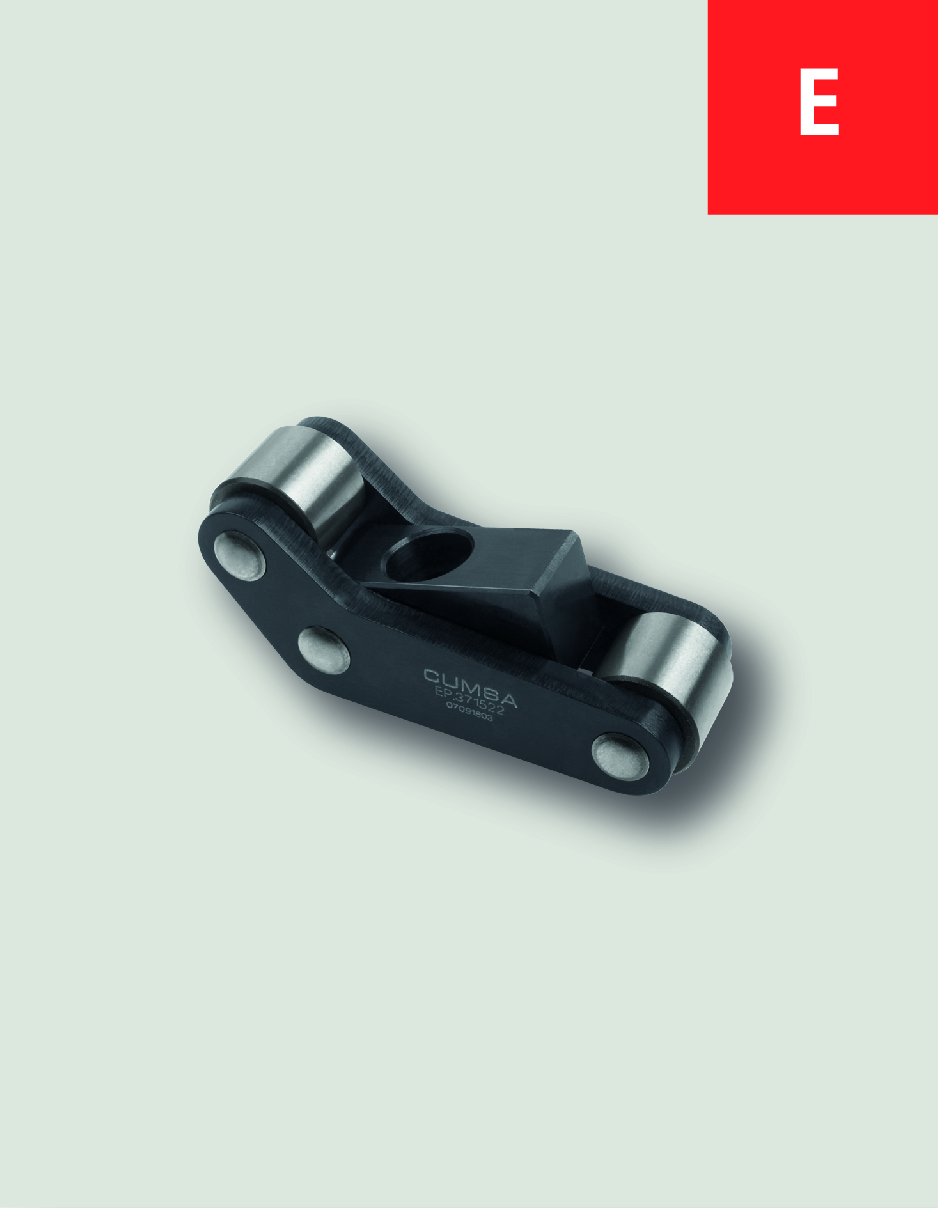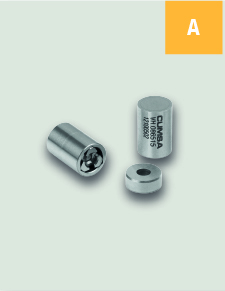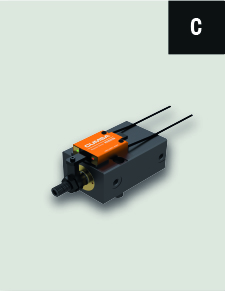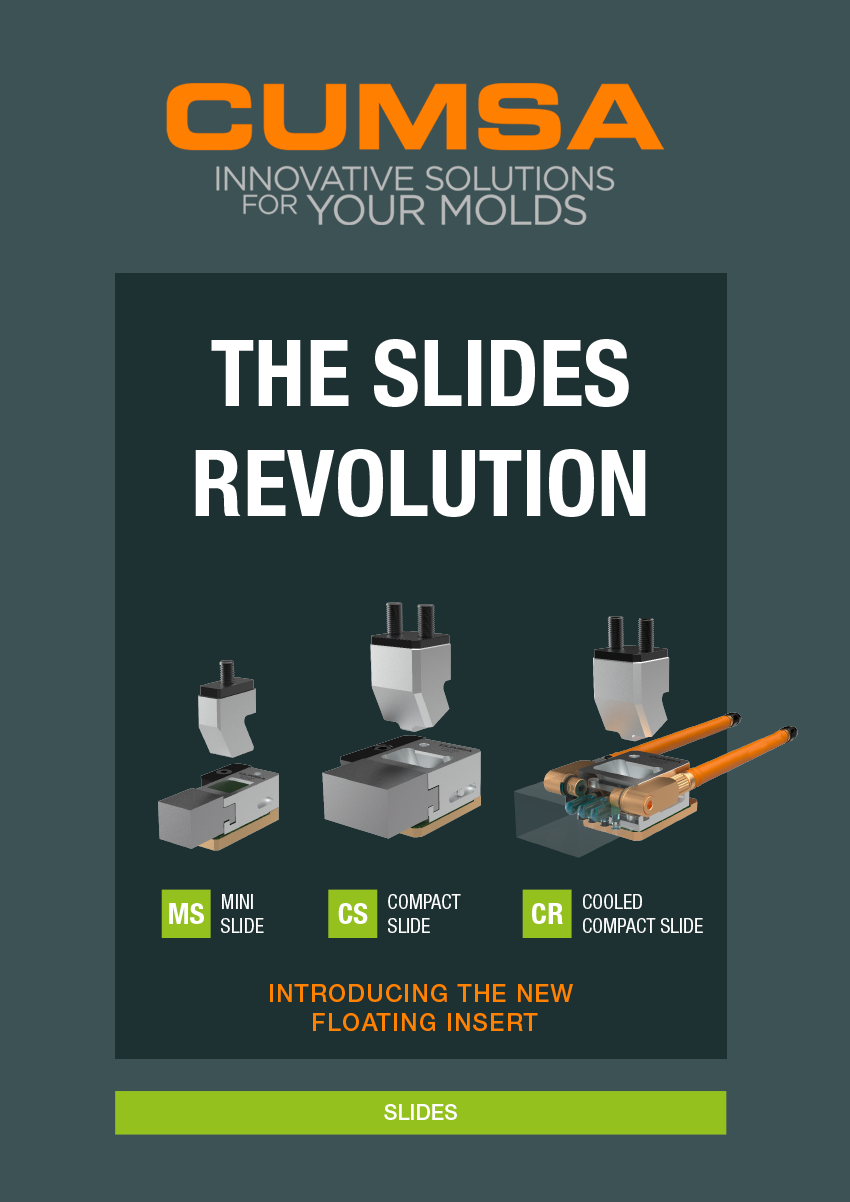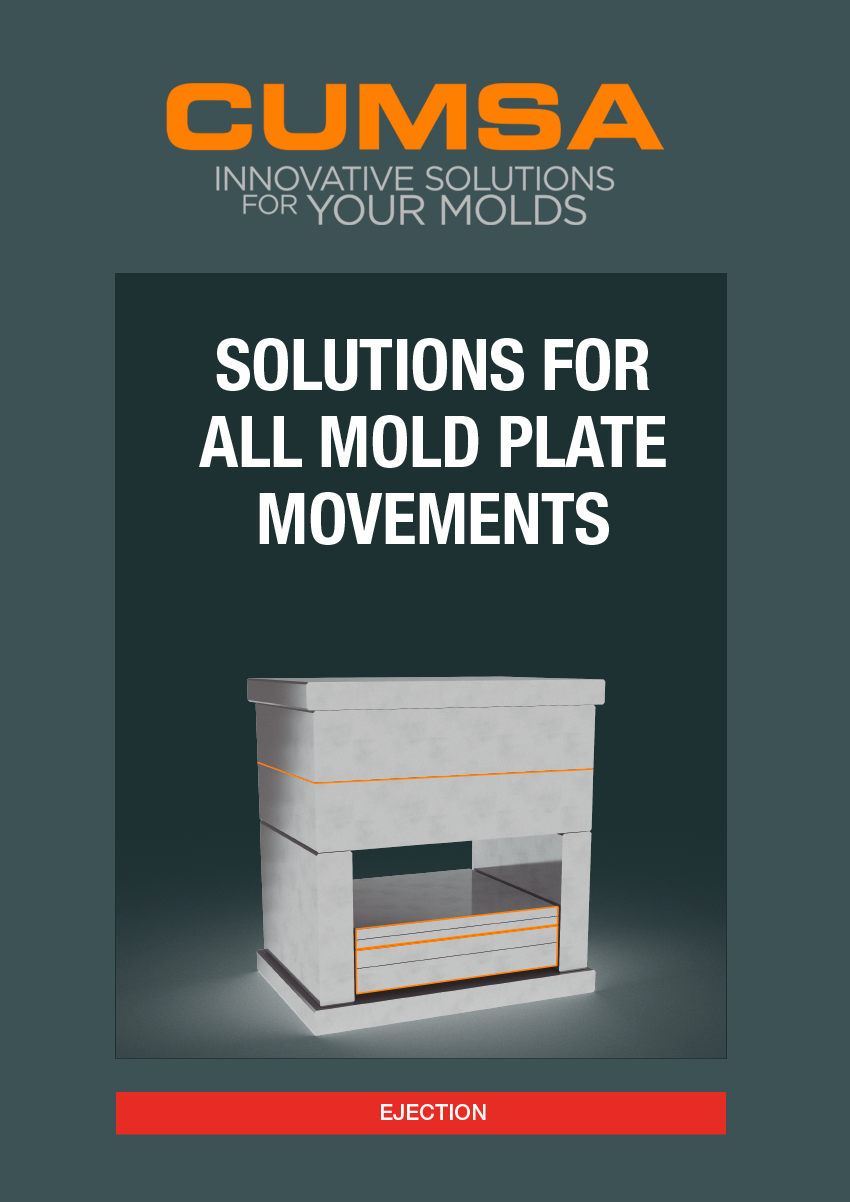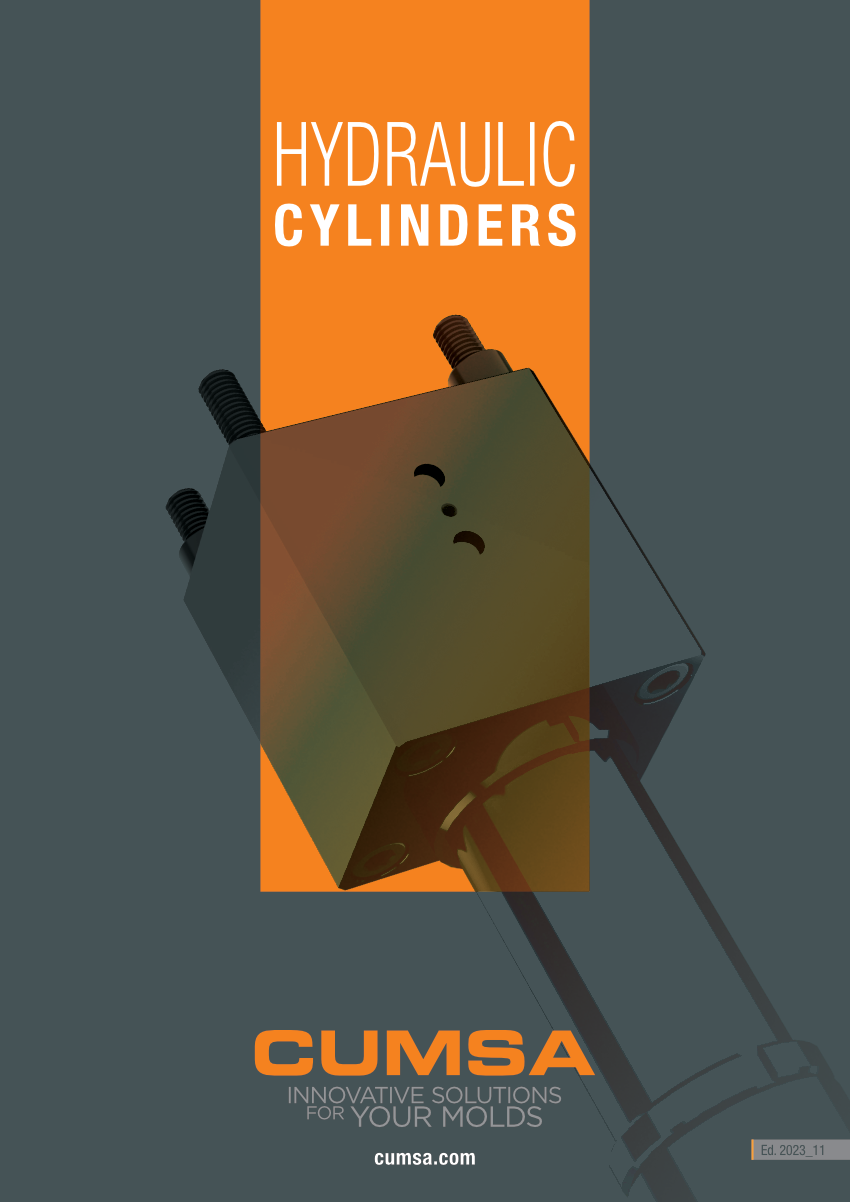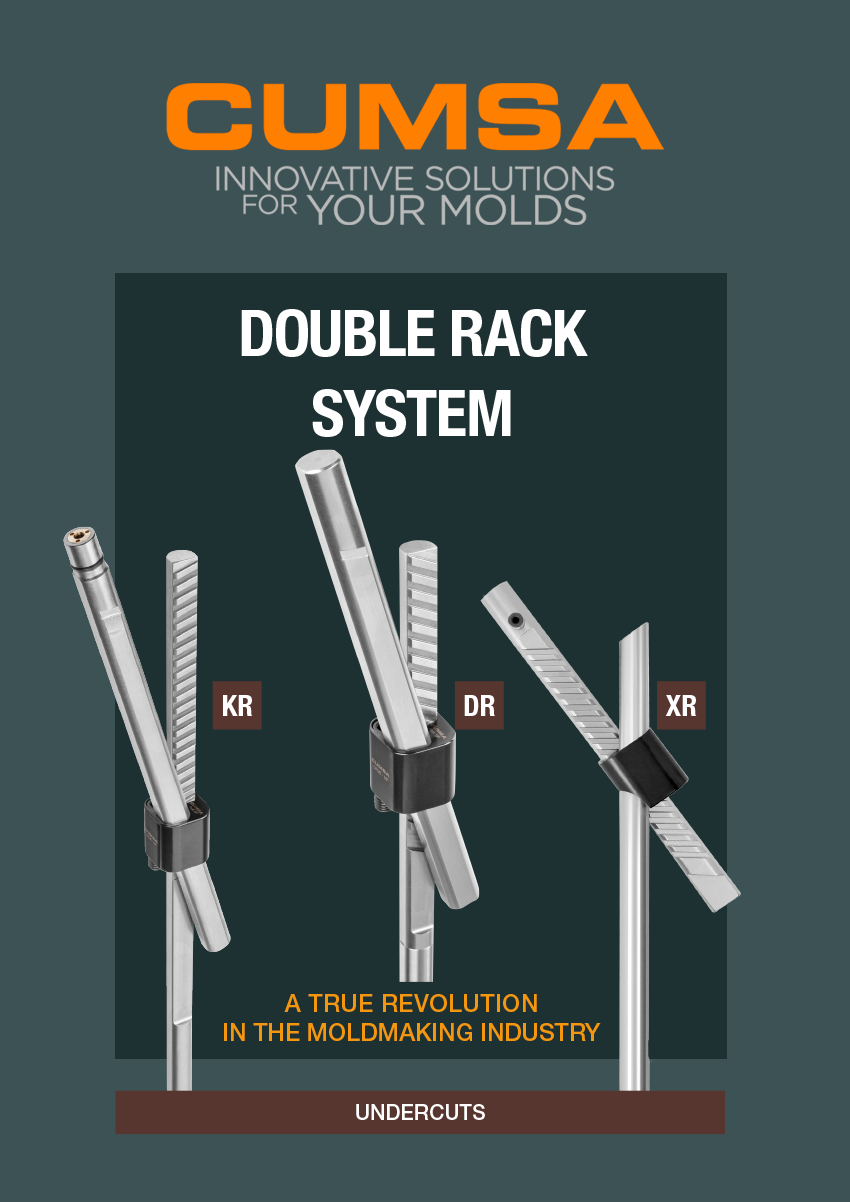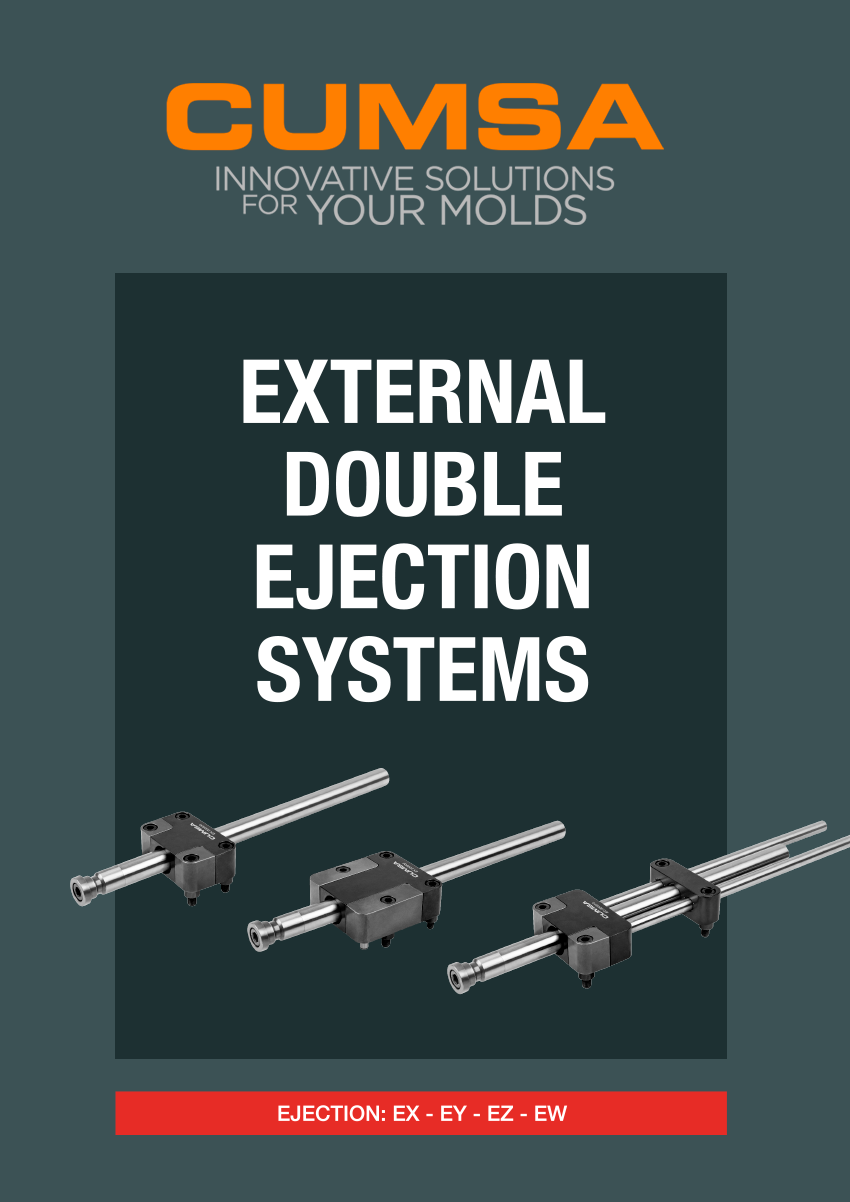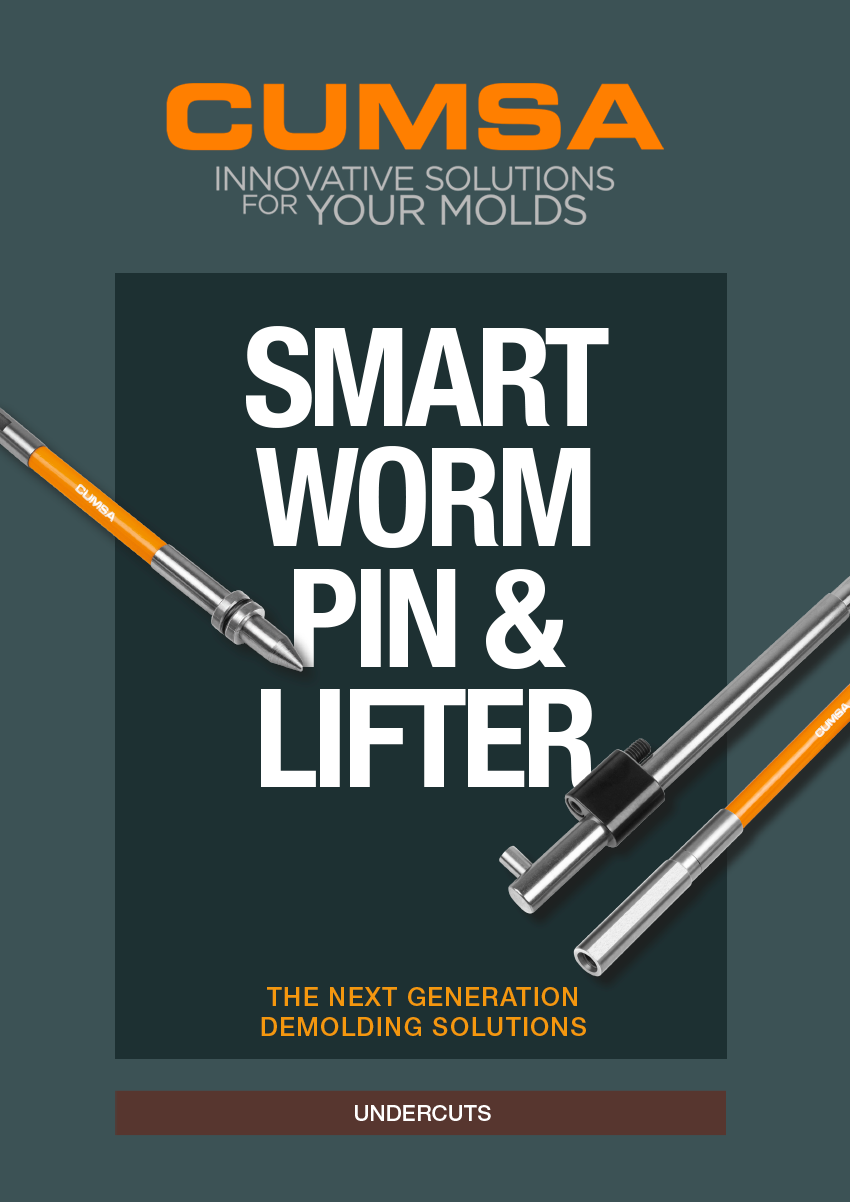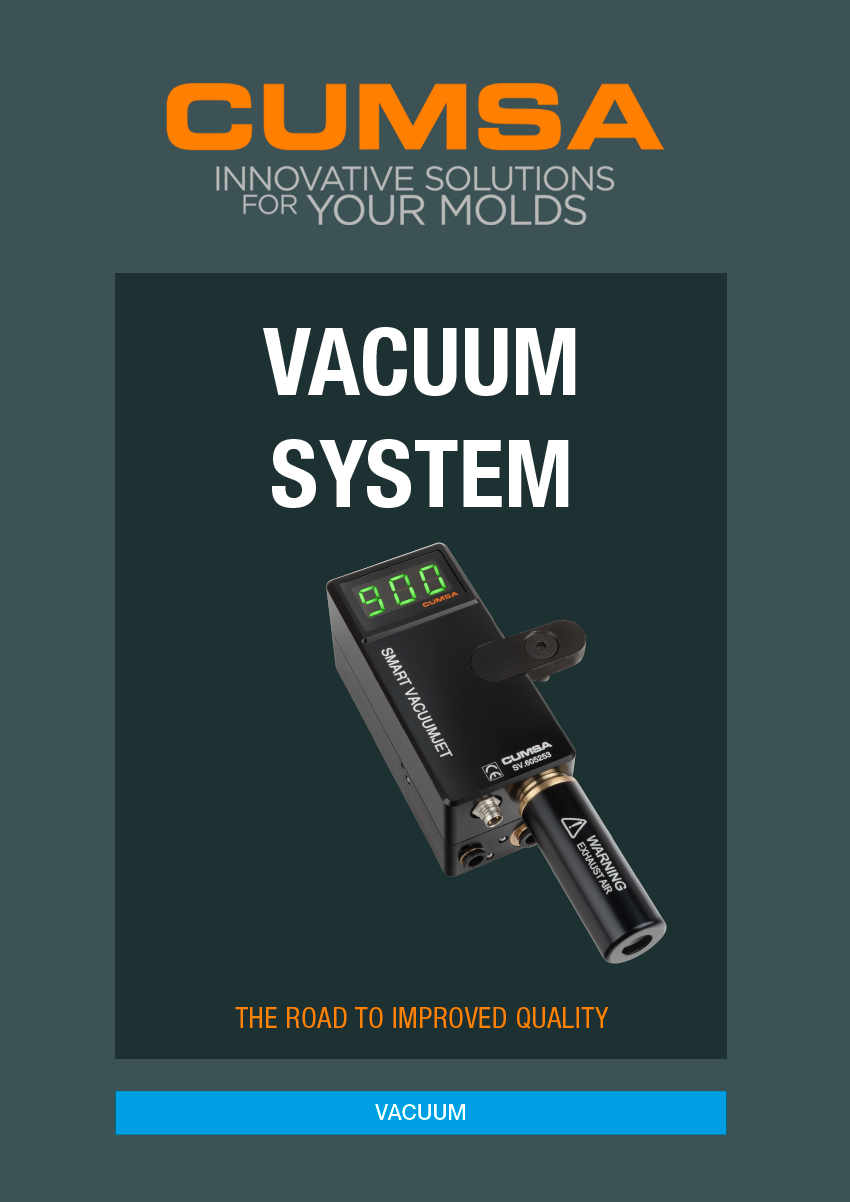PW
Correctly installed sprung cores (following our catalogue installation instructions) can produce more than 1 million parts.
The opening of the sprung cores is a radial movement. Due to this, at the edge of the stroke, the opening is 3.5mm (0.138”), 4.5mm (0.177”) and 5.5mm (0.217”), depending on the model (K dimension in the catalogue). Here you can see a more detailed technical explanation.
Welding is not recommended on any of the sprung core products. Welding exposes them to high temperatures which can affect the treated areas, and therefore the characteristics of the spring steel.
In the catalogue page (view PDF), all the necessary dimensions and tolerances required for assembly are shown, as well as the correct installation procedure.
The maximum working temperature is 150°C (302°F).
The sprung cores have a flat on the side of the shaft to position them, this must be used to avoid the sprung core turning while fixing it to the ejector plates and therefore preventing it to function in a forced position.
We only recommend treatments using Balinit C, as this is the only one that is applied at temperatures below the 150°C / 302°F, therefore preventing changes to the properties of the spring steel. Other treatments like nitriting, TIN, PVD…. are not recommended as they can reduce the sprung core life.
Yes, it is possible, but always maintaining at least 3º.
Yes, we recommend a minimum of 2º per side.
Yes, because the 6º angle supports the shut off of the head in its location hole.
It must have a minimum of 5mm plus the part detail in the C dimension of the sprung core.
Yes, it is very important to give draft on the undercut, for the PW => 2º.
The shaft has to be keyed.
The shaft has to be keyed.
| Ref. | Max. |
| PW060622 PW060822 | 10mm. |
| PW060630 PW060830 | 45mm. |
| PW080825 PW081025 PW081225 | 15mm. |
| PW081030 PW081230 PW101430 PW101630 PW101830 | 45mm. |
| Ref. | Max. |
| PW060622 PW060822 | 10mm. |
| PW060630 PW060830 | 18mm. |
| PW080825 PW081025 PW081225 | 13mm. |
| PW081030 PW081230 PW101430 PW101630 PW101830 | 18mm. |
Si, sempre que la pinça es posicioni correctament amb l'antigir, que evitarà que la zona de la molla pateixi pressions al tornar al seu allotjament





